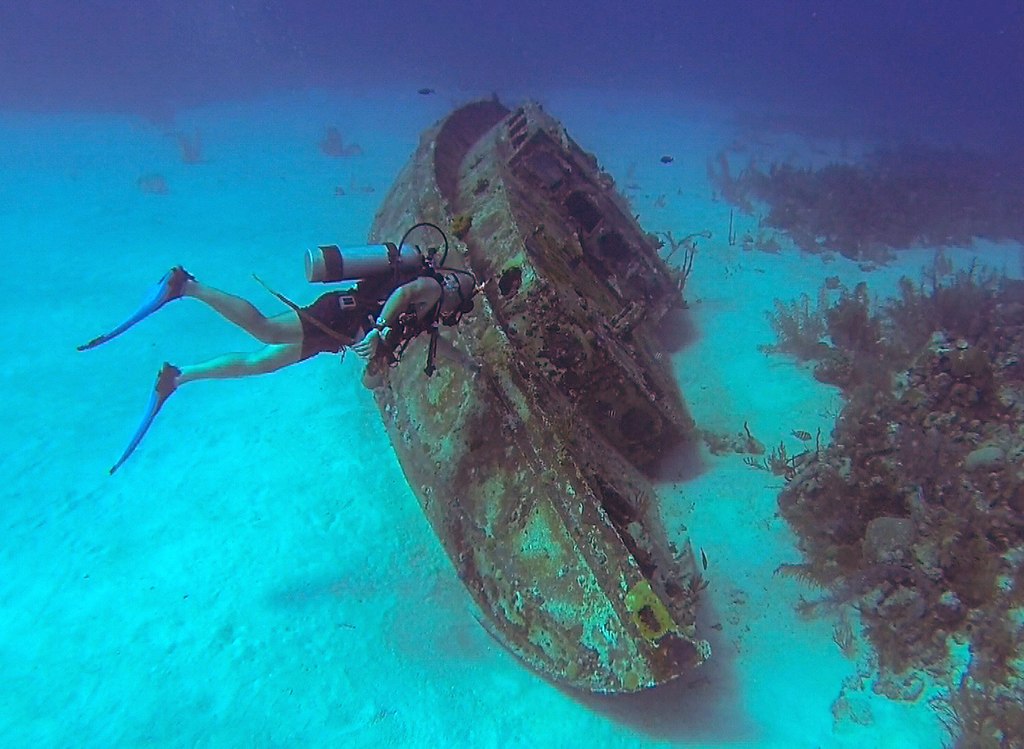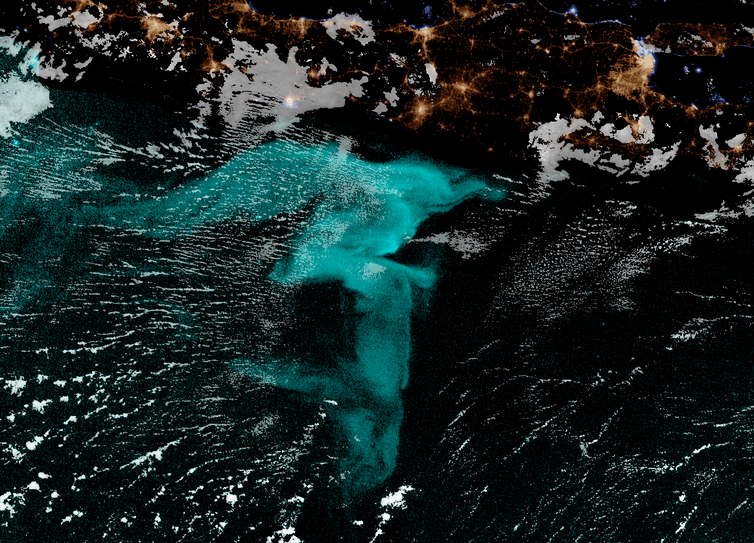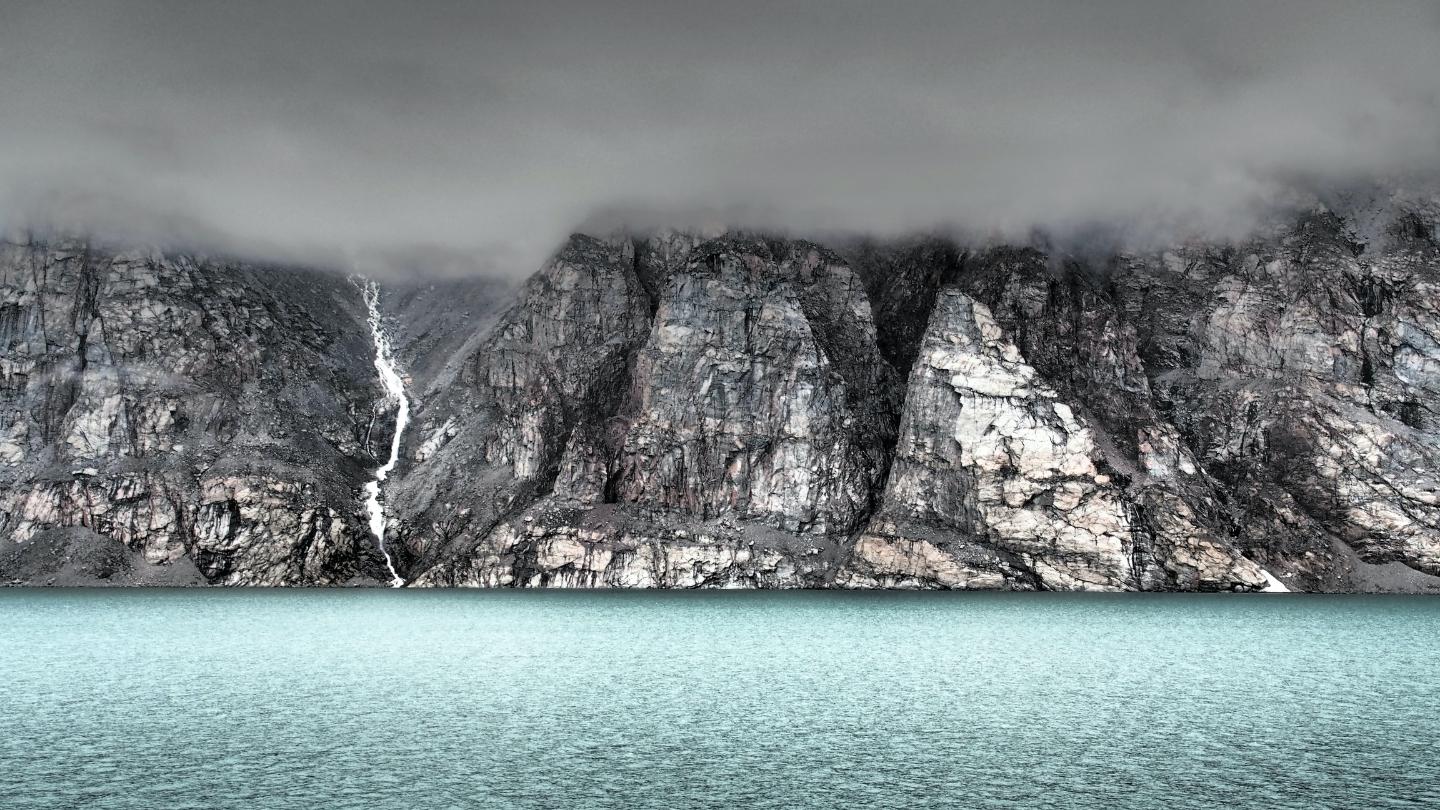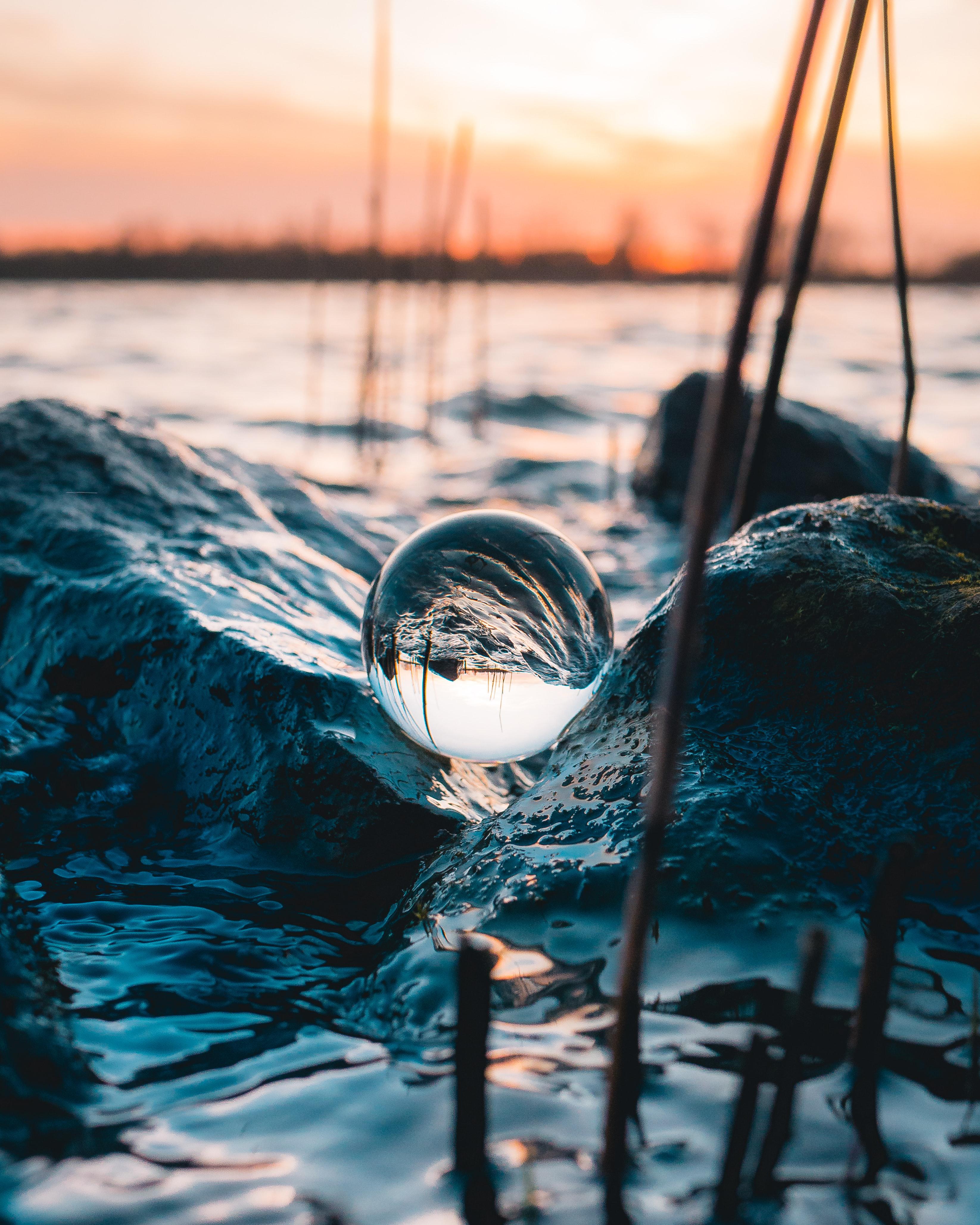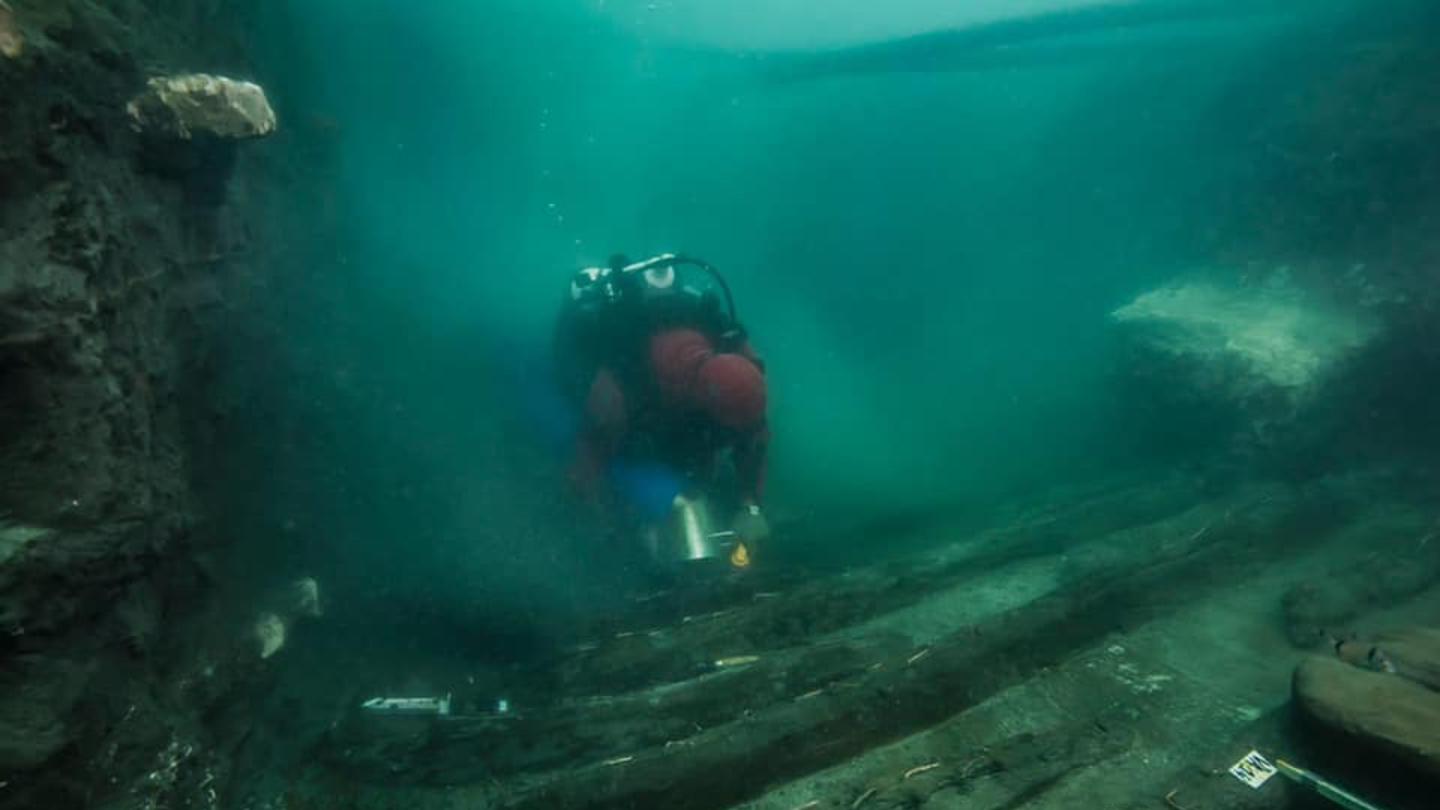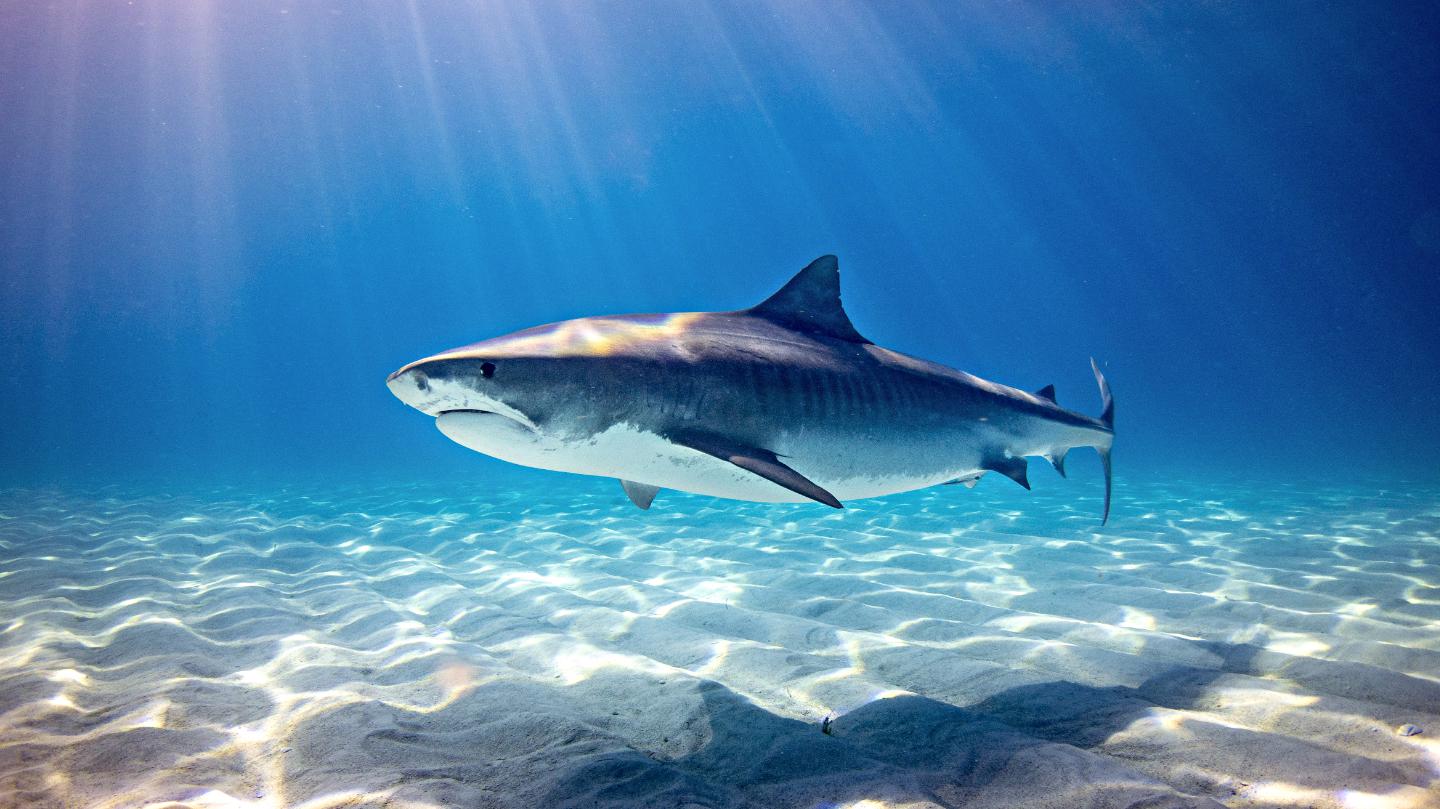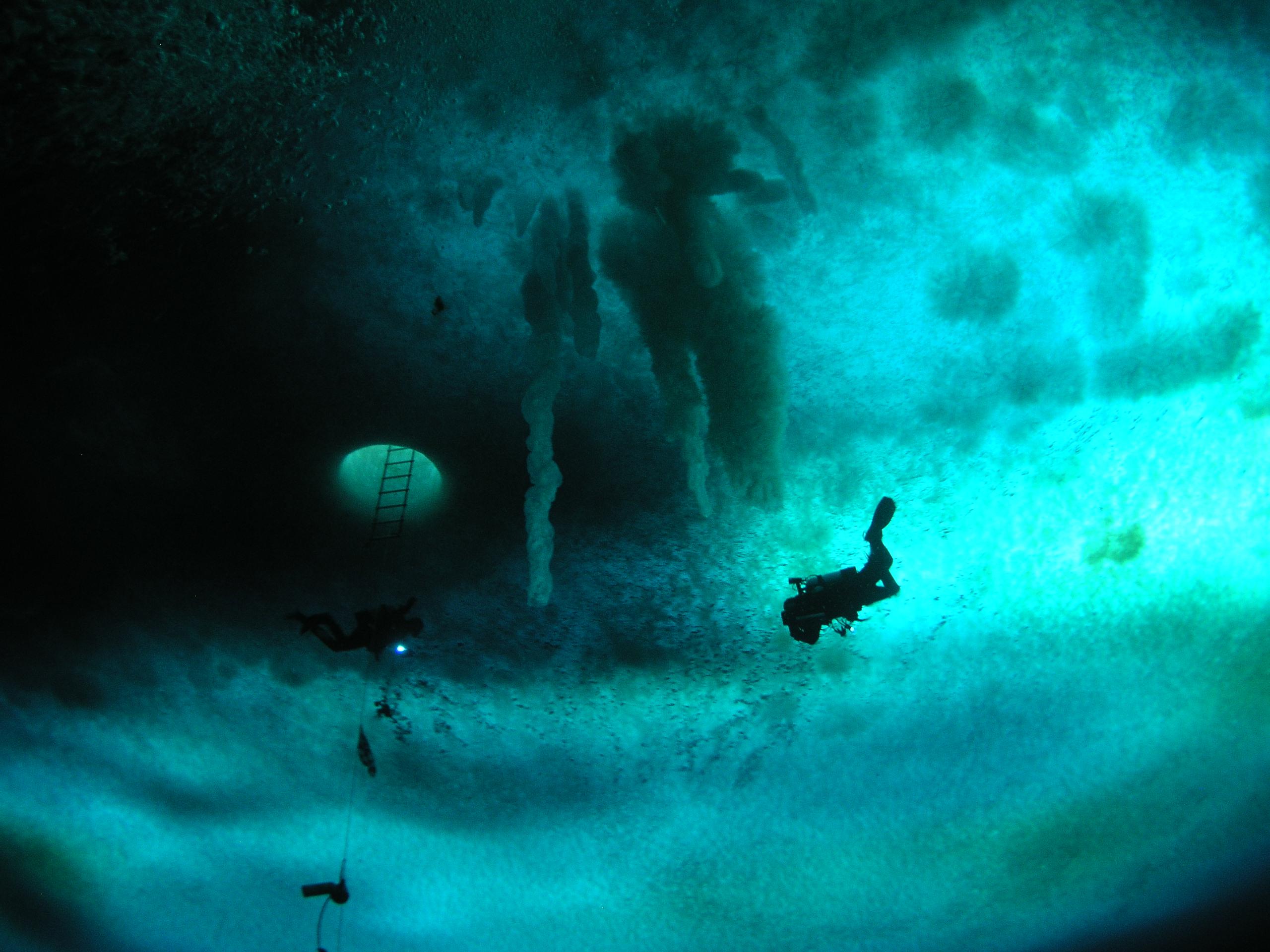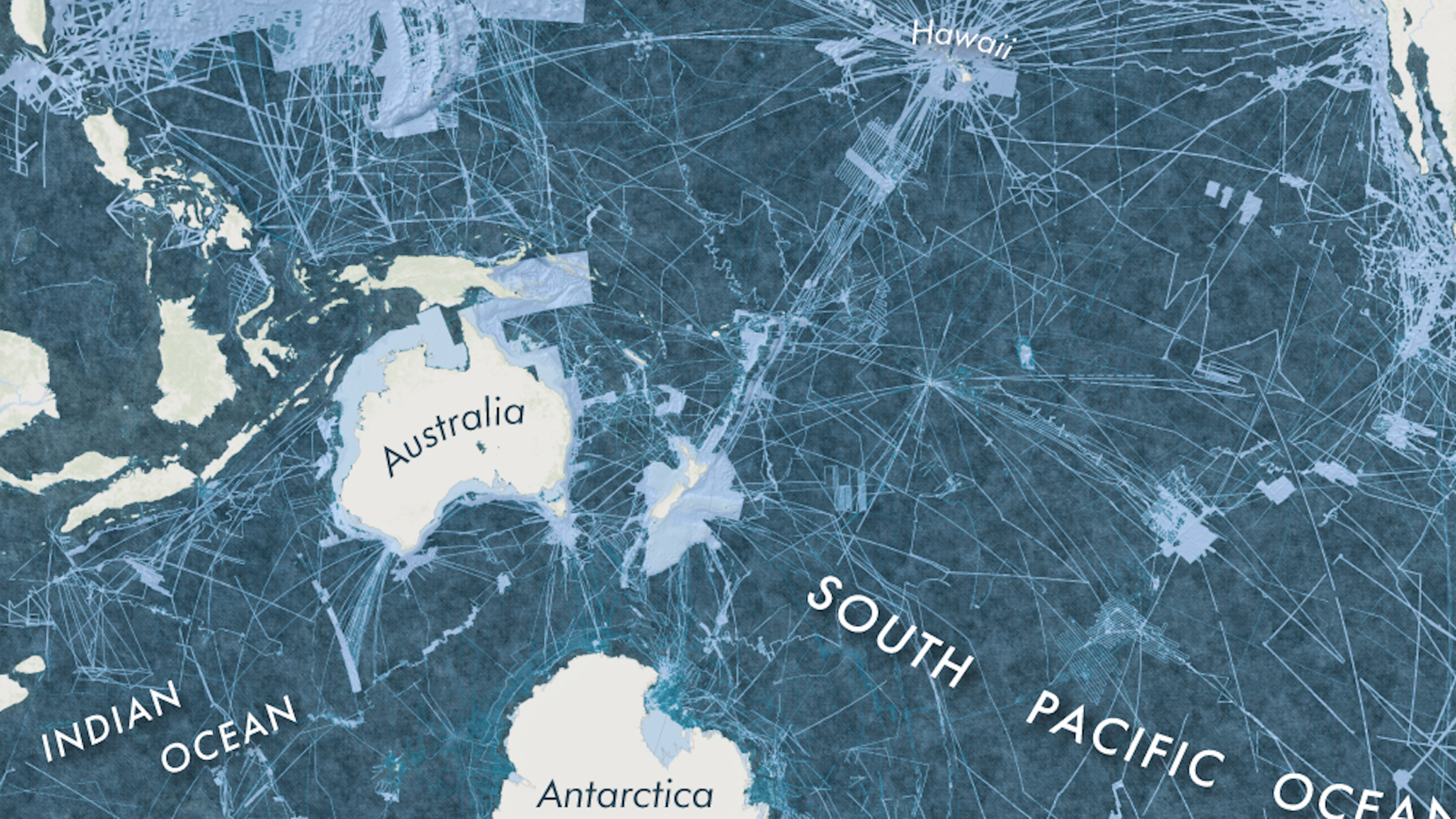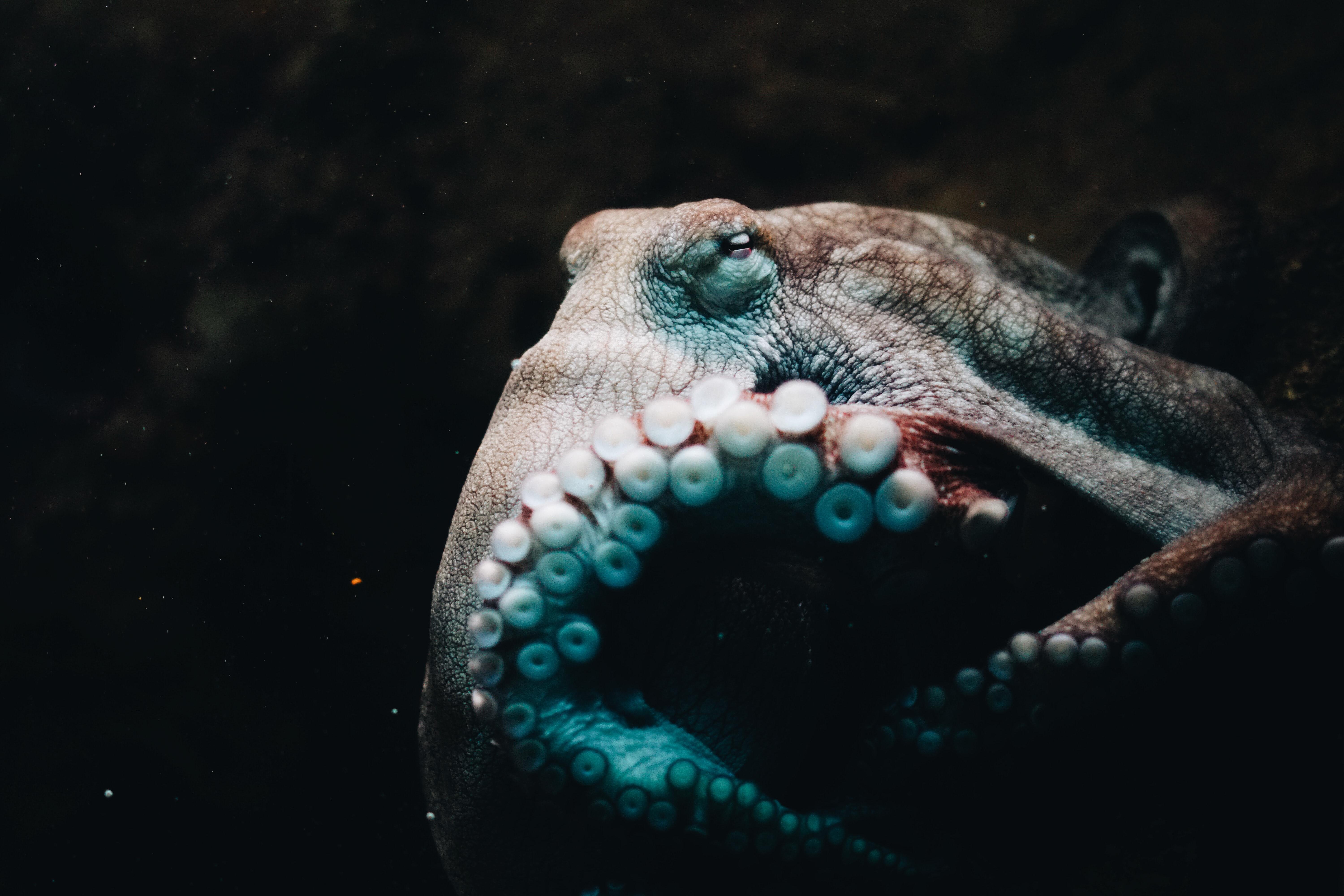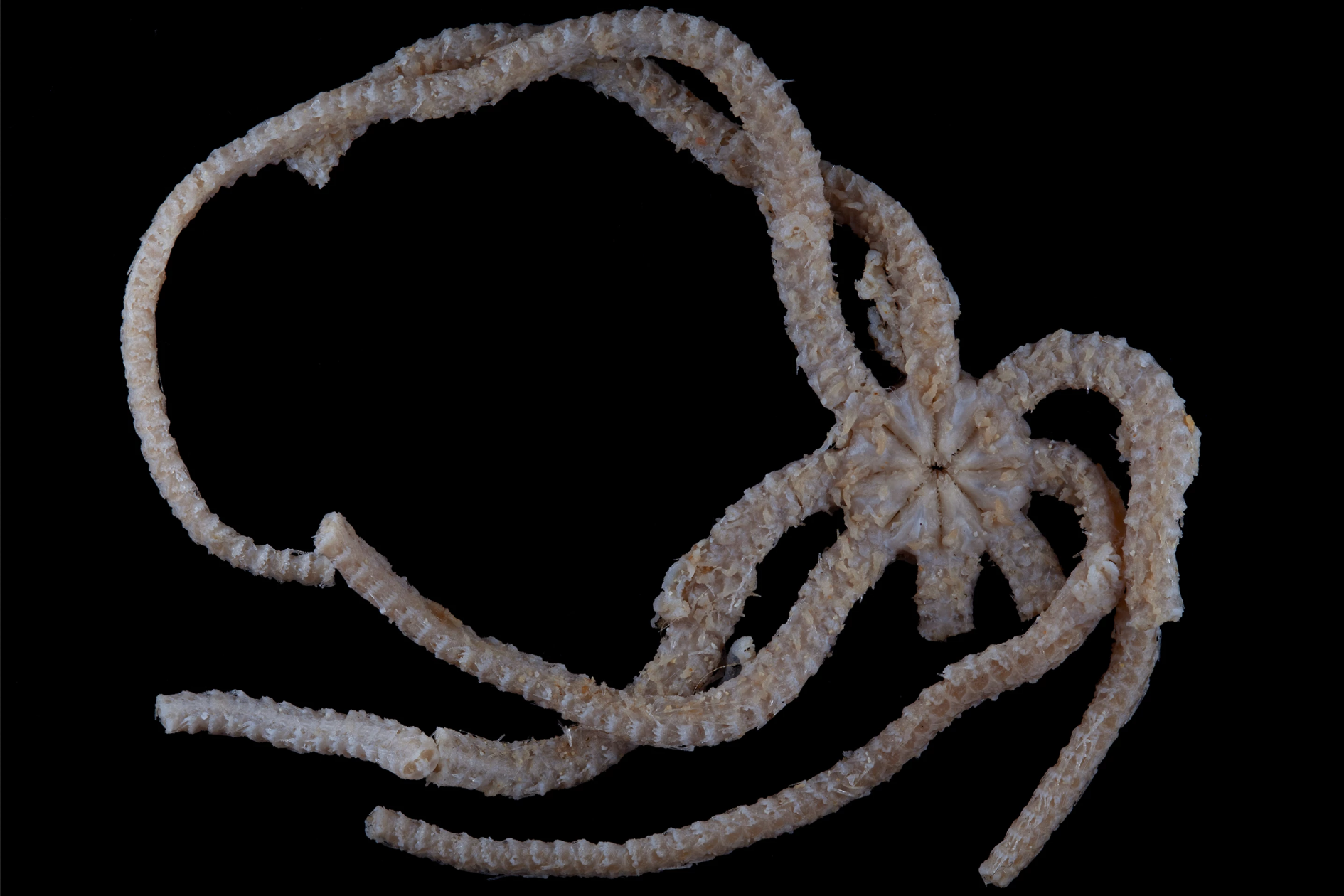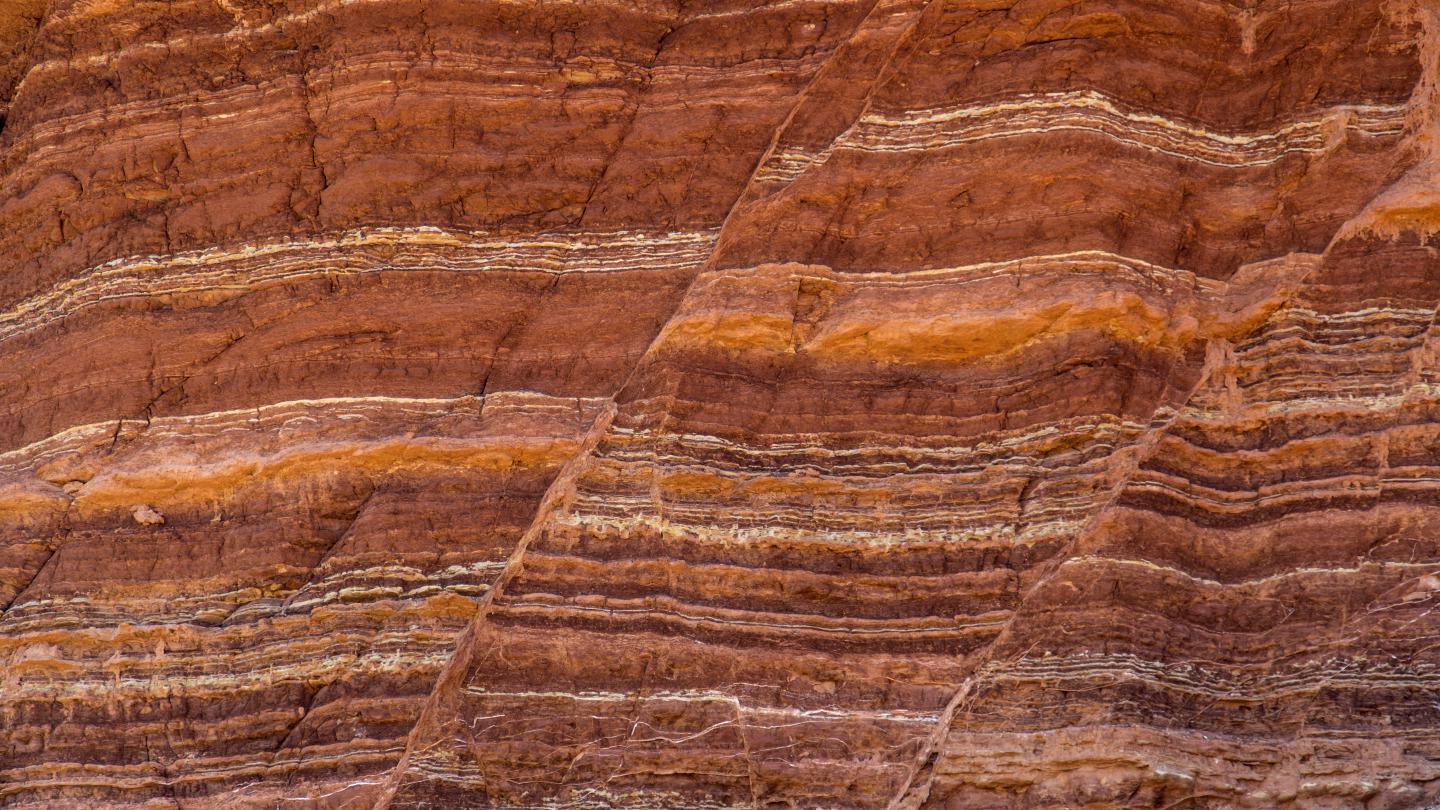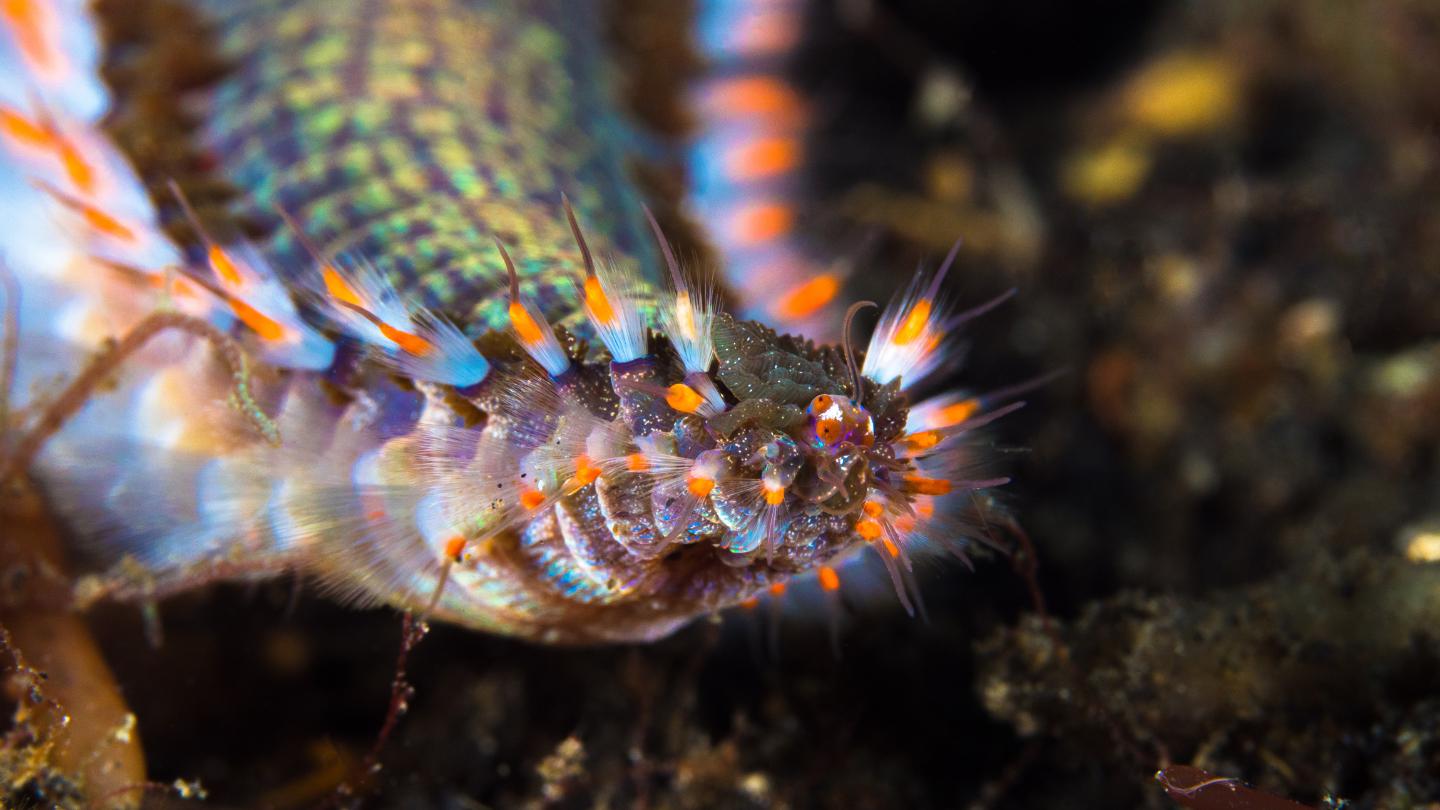oceans
At the Great Lakes Shipwreck Historical Society in Michigan, retrieving sunken vessels is the order of the day. Here’s how they do it.
To date, only one research vessel has ever encountered a milky sea.
Icebergs aren’t just a threat to unsinkable ships. Their ability to cause underwater landslides poses a danger to coastal cities.
Scientists look to erupted sea glass — lava that erupted in the ocean and was instantly chilled by the surrounding water — to take Earth’s temperature.
Long before Alexandria became the center of Egyptian trade, there was Thônis-Heracleion. But then it sank.
Evolution proves to be just about as ingenious as Nikola Tesla
Strange underwater icicles form in the Earth’s coldest regions and freeze living organisms in place.
By the end of this decade, Seabed 2030 wants to produce accurate maps for the remaining 80 percent of the ocean floor.
The opening of jars, while impressive and often used to illustrate octopus intelligence, is not their most remarkable ability.
These distant cousins of starfish live on sea floors around the globe.
Geologists discover a rhythm to major geologic events.
Metal-like materials have been discovered in a very strange place.
Seawater is raising salt levels in coastal woodlands along the entire Atlantic Coastal Plain, from Maine to Florida.
A simple trick allowed marine biologists to prove a long-held suspicion.
What’s to blame for the recent uptick in containership accidents?
Digitized logbooks from the 1800s reveal a steep decline in strike rate for whalers.
“Don’t tread on me” is a slogan of the deep sea, too.
By 2050, there may be more plastic than fish in the sea.
A new model of plate tectonics offers a chance to look back a billion years with new found accuracy.
How do these little beasties detect light anyway?
Scientists discover burrows of giant predator worms that lived on the seafloor 20 million years ago.
In a joint briefing at the 101st American Meteorological Society Annual Meeting, NASA and NOAA revealed 2020’s scorching climate data.
The arc of geological history is long, but it bends towards supercontinents – so, what will the next one look like?
Researchers from Norway discover that the Moon’s tides influence the release of methane from the ocean floor.
Exceptionally high-quality videos allow scientists to formally introduce a remarkable new comb jelly.
One of the world’s most isolated island groups has just been made one of the world’s largest ocean reserves.
The microbes that eventually produced the planet’s oxygen had to breathe something, after all.
Sharks fear killer whales. How does this impact the ecosystems they share?
A new study bases its calculations on more than the great white shark.
According to international law, the seabed belongs to everyone.
